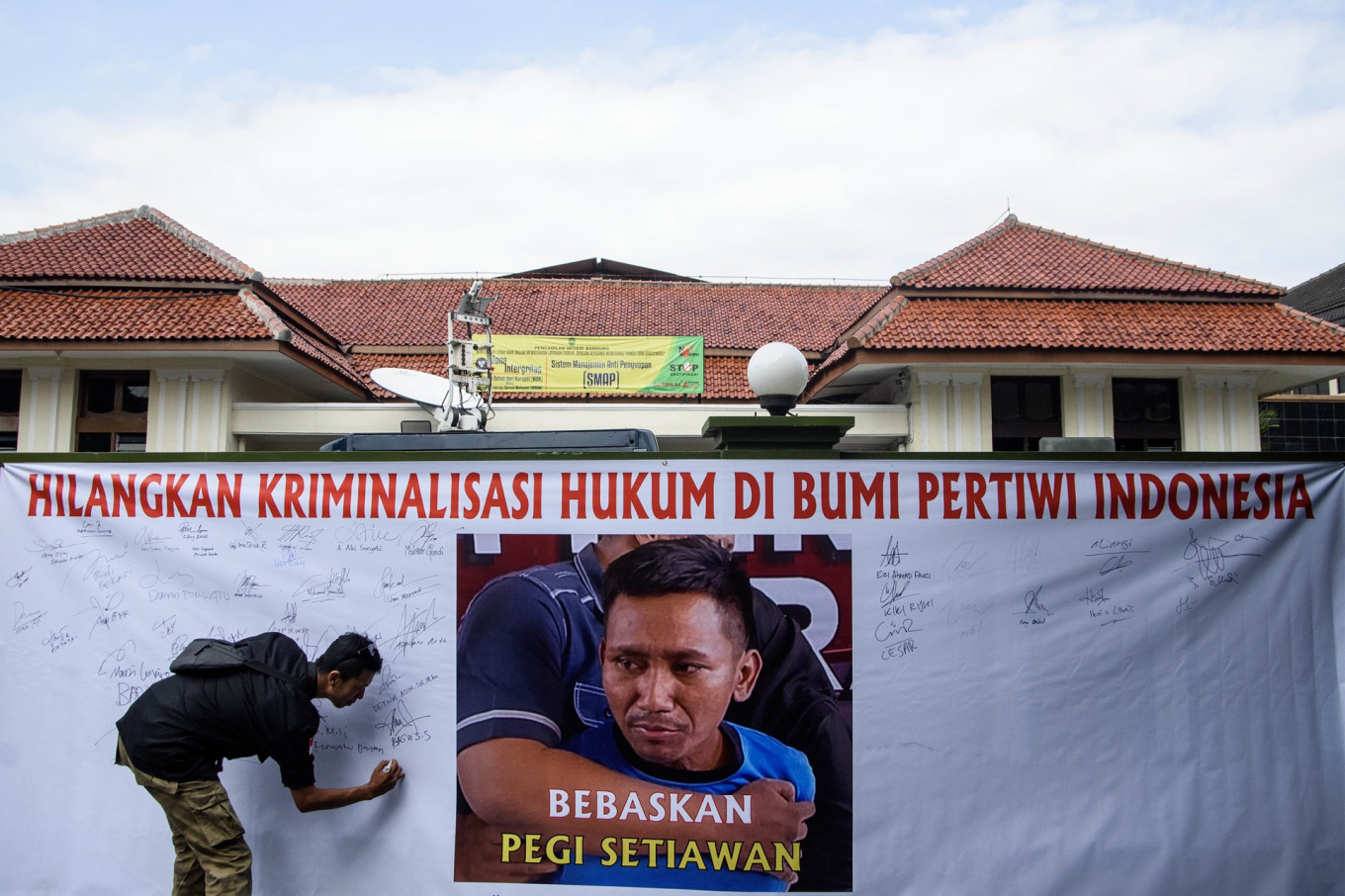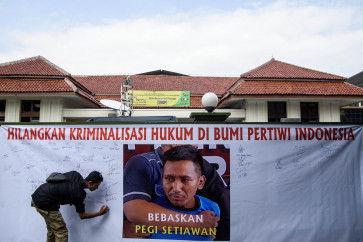Popular Reads
Top Results
Can't find what you're looking for?
View all search resultsPopular Reads
Top Results
Can't find what you're looking for?
View all search resultsReducing reliance on virality in law enforcement
The recent reopening of a 2016 cold case in response to a resurgence of public interest via social media indicates that collaboration between the media, both social and traditional, the government and the public is essential to avoid “selective justice” as a result of virality.
Change text size
Gift Premium Articles
to Anyone
D
oes the viral power of social media truly bring meaningful change, or just a momentary sensation? Despite public support, the recent rise in the number of police investigations as a result of the “no viral, no justice” phenomenon should be worrying for law enforcement, civil society and the public. It does not resolve the roots of the problems, and can even create more problems than solutions.
Social media platforms have become increasingly instrumental as a means of public control over state actors, especially law enforcement authorities. The public demands quick response and transparency from government agencies, and uses social media platforms to raise attention so that the matter might be subject to further and wider public scrutiny.
It often happens that a single case can garner thousands of reposts and comments. Hashtags emerge, online petitions are launched and public attention is captured. In turn, authorities that were previously slow to act suddenly take action.
Such was the outcome with the case of the vile murders of Vina Dewi Arsita and her boyfriend Muhammad Rizky “Eky” Rudiana in Cirebon. This 2016 case went cold for eight years until it resurfaced in the public eye after a film about the killings became a box office success and public demand increased on social media, and is now being reinvestigated.
This week, the Bandung District Court ordered the police to release suspect Pegi Setiawan over their improper arrest of the construction worker, according to Criminal Code procedures. The main perpetrators of the double murder remain at large until now.
Relying on viral attention can create “selective justice”, where only cases that attract public attention receive serious consideration. Additionally, the legitimacy of the information that goes viral is also often questionable. Campaigns driven by public emotion often bypass the necessary legal processes, potentially leading to misleading and hasty decisions.
Conventional media should play a crucial role in filtering information and providing a deeper context. Professional journalists must ensure that facts are presented accurately, helping the public understand cases from a broader perspective. Traditional media must act as a counterbalance by ensuring that information circulating on social media is verified and contextualized.



















